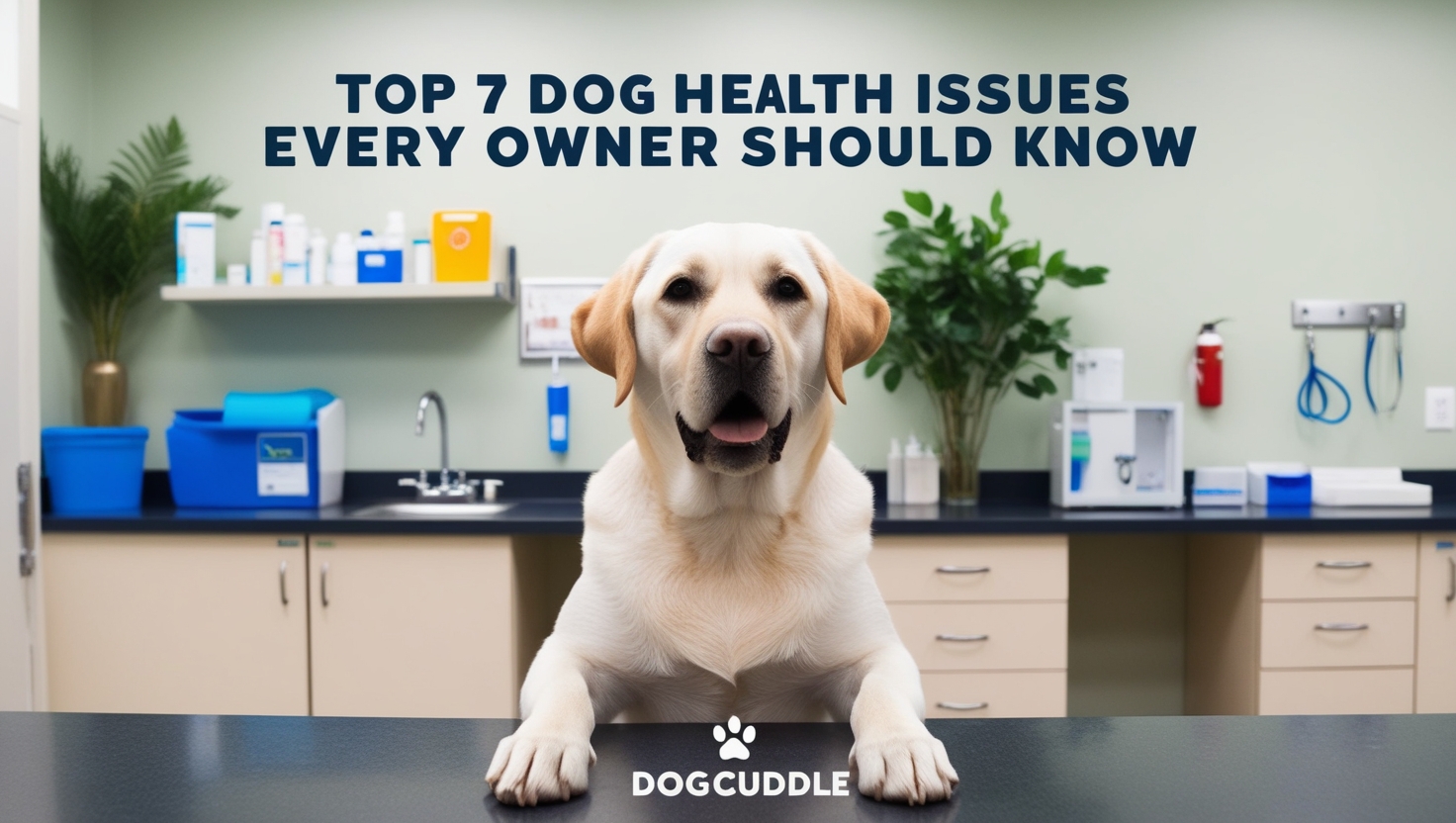I have experienced some common health issues that almost every dog has. We should often pay attention to whether our pet dogs breed such as Boxer, Pug, Husky, Bulldog, Rottweiler are eating food on time or not, has their activity decreased.
Here comprehensive overview will provide valuable information for Dog lovers, helping them be proactive about their dog’s health.
1. Obesity
- Overview: Obesity is a significant health concern that can lead to numerous complications, including diabetes, heart disease, and joint problems.

- Symptoms: Noticeable weight gain, difficulty breathing, lethargy, and inability to feel ribs.
- Prevention/Treatment:
- Feed a balanced diet appropriate for your dog’s age and activity level.
- Incorporate regular exercise into your routine, including daily walks and playtime.
- Consult with your vet for weight management plans and healthy treats.
2. Dental Disease
- Overview: Dental issues can lead to periodontal disease, which can affect not only your dog’s mouth but also their overall health.

- Symptoms: Bad breath, gum inflammation, difficulty chewing, and loose teeth.
- Prevention/Treatment:
- Regularly brush your dog’s teeth with dog-specific toothpaste.
- Provide dental chews and toys to help reduce plaque buildup.
- Schedule annual veterinary dental check-ups for professional cleanings.

3. Ear Infections
Overview: Dogs with floppy ears or those prone to allergies are particularly susceptible to ear infections.

- Symptoms: Scratching at ears, head shaking, unpleasant odor, redness, or discharge.
- Prevention/Treatment:
- Regularly check and clean your dog’s ears, especially after baths or swimming.
- Keep ears dry and consult a vet if you notice signs of infection.
- Consider allergy testing to address underlying causes.

4. Allergies
- Overview: Dogs can suffer from environmental allergies, food allergies, or flea allergies, leading to discomfort and skin issues.

- Symptoms: Itching, skin rashes, ear infections, and gastrointestinal upset.
- Prevention/Treatment:
- Identify and minimize exposure to allergens.
- Work with a vet to determine appropriate allergy testing and treatment plans.
- Regular grooming can help reduce allergens in your home.

5. Arthritis
- Overview: Common in older dogs, arthritis can cause significant pain and affect mobility.

- Symptoms: Limping, stiffness, reluctance to exercise, and changes in behavior.
- Prevention/Treatment:
- Maintain a healthy weight to lessen stress on joints.
- Provide regular, gentle exercise to keep joints flexible.
- Consult your vet for pain management options, including medications and supplements.
6. Heart Disease
- Overview: Various forms of heart disease can affect dogs, including congenital conditions and acquired issues due to age or obesity.

- Symptoms: Coughing, difficulty breathing, lethargy, and fainting.
- Prevention/Treatment:
- Regular veterinary check-ups can help detect heart issues early.
- Maintain a healthy diet and weight to support heart health.
- Follow your vet’s recommendations for exercise and any necessary medications.
7. Gastrointestinal Issues
- Overview: Dogs can experience various gastrointestinal problems, from mild to severe, including vomiting, diarrhea, and bloating.

- Symptoms: Changes in appetite, vomiting, diarrhea, lethargy, and abdominal pain.
- Prevention/Treatment:
- Feed a high-quality diet and avoid sudden changes in food.
- Keep hazardous foods (like chocolate and grapes) out of reach.
- Consult a vet if symptoms persist or worsen, as some conditions can be serious.
Understanding these common health issues is essential for every dog owner. By being proactive in monitoring your dog’s health and seeking veterinary advice when needed, you can help ensure a long, happy, and healthy life for your furry friend.










